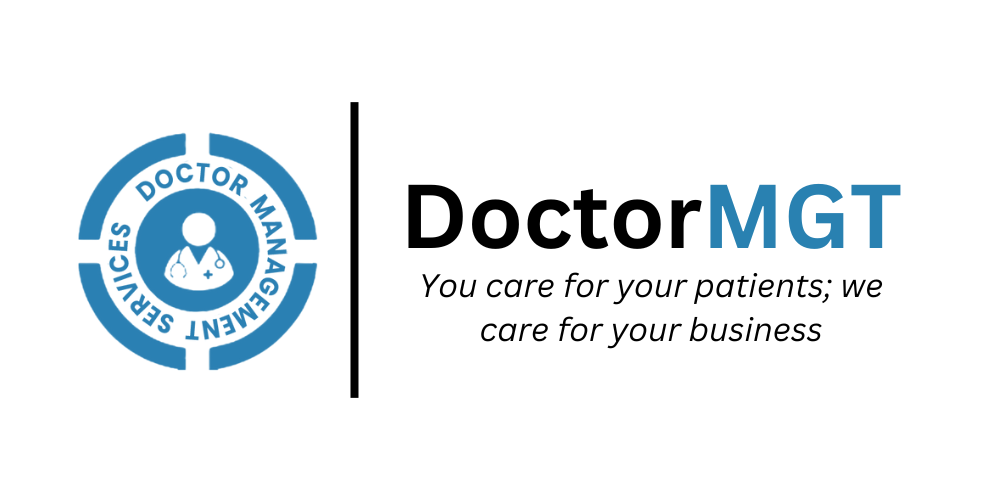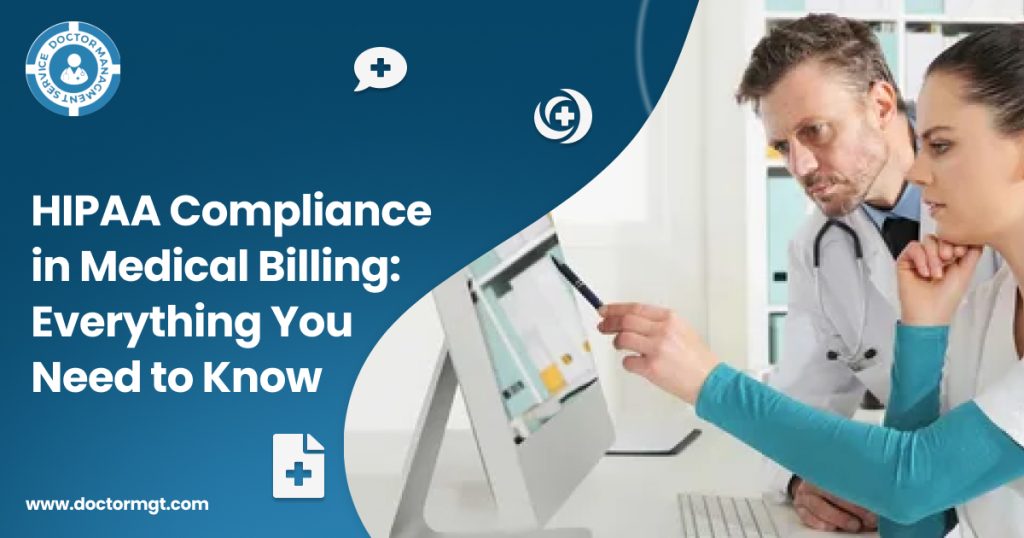For a healthcare provider, HIPAA (Health Insurance Portability and Accountability Act) regulations are not only legal requirements to follow but it is an important responsibility to protect patient information. It is a crucial aspect of maintaining trust.
Therefore, for doctors especially those managing their practices independently or involved in medical billing and coding in California, an in-depth understanding of HIPAA is essential.
Thus, we are covering what HIPAA compliance means for medical billing, and how it impacts your practice.
Understanding the Crucial Role of HIPAA in Medical Billing
HIPAA stands for Health Insurance Portability and Accountability Act of 1996, which aims at safeguarding patient’s right to privacy and also the privacy and security of health information.
In medical billing, HIPAA refers to a requirement that doctors and other administrators, from the heads of healthcare facilities to individual doctors, need to know how patient data must be processed during billing. This involves making sure that patient information is not only collected, stored, and shared appropriately, but also to provide ways of avoiding its being accessed by unauthorized individuals or viewed by those who should not have access thereto.
The act is divided into several rules, but the two most relevant to medical billing are the Privacy Rule and the Security Rule:
The Privacy Rule
This rule sets the national standards for the protection of certain health information. It outlines how patient data should be used and disclosed, and mandates that patients have rights over their health information. In the context of medical billing, this means that any patient information used in billing must be kept confidential.
The Security Rule
This rule mainly addresses the security of electronic protected health information (ePHI). It mandates that reasonable and appropriate administrative, physical, and technical measures have to be put in place to ensure the protection of ePHI from any kind of premeditated interference.
For billing and coding professionals, this encompasses ensuring patient records are secure, enabling encryption methods in transmitting patient information, and also enabling authorized individuals’ access to the patient’s records.
Key Elements of HIPAA Compliance in Medical Billing
- Data Encryption and Protection: Ensure that all patient data, including medical records and billing information, is encrypted during transmission and storage. This serves to minimize the chances of data leaks and other forms of illegitimate access. If a practice has implemented the use of EHRs and billing software, it is important to ensure that the two have encrypted features.
- Access Controls: Secure patient data by enforcing proper user role permissions that only allow certain users to access or alter patient information. This comprises having strong passwords, biometric access, and role-based access controls that will restrict certain information to specific personnel. Another method is to review the access logs regularly to check for signs of heightened security risks.
- Regular Training: Schedule refresher training sessions for your employees based on HIPAA requirements for data protection. This also involves making them understand the proper handling of patient information and the aspect of confidentiality as it applies to their functions.
- Compliance Audits: Conduct internal audits frequently to determine HIPAA compliance in your practice. These audits should assess your authored policies as well as your technical measures. If there are any compliance gaps, then finding and fixing those areas will eliminate the possibility of it becoming a problem in the future.
- Secure Communication Channels: To share details of a patient for billing purposes, always ensure that the information is conveyed via a secure method such as encrypted e-mail or a secure patient portal. Do not use insecure mediums that may compromise important information.
- Business Associate Agreements (BAAs): When you are entrusting your third-party medical billing and coding services, make sure that your billing service providers are HIPAA compliant. This means that one should have a Business Associate Agreement signed to stipulate their role in the privacy and security of patient information and complying with HIPAA standards.
The Impact of HIPAA Compliance on Doctors’ Management
For the doctors who personally oversee their medical practices, the effectiveness of HIPAA compliance for medical billing goes hand in hand with the privacy of patients and increased work productivity of the practice.
Healthcare facilities also lower their likelihood of suffering losses of $1.5 million per breach and punishments from the law by organizing stringent compliance policies. Moreover, assuring high levels of data protection and confidentiality also enhances patient confidence and satisfaction, which is crucial in the current stiff market for healthcare services delivery.
Best Practices for HIPAA Compliance in Medical Billing
- Stay Informed: Educate yourself continually on any new updates in the HIPAA rules and regulations. As you are aware, healthcare is dynamic, and keeping abreast with the changes will assist you in compliance.
- Invest in Training: Regularly train your staff on HIPAA requirements and ensure they understand their role in maintaining compliance.
- Utilize Reliable Systems: Choose billing and coding systems that are designed with HIPAA compliance in mind. These systems should offer features like secure data storage and encryption.
- Foster a Culture of Compliance: Encourage patient privacy and data protection within your practice. Encourage open communication about compliance issues and provide support for addressing any concerns.
HIPAA compliance in medical billing is an integral part of running a successful and secure practice. Realizing and applying these practices, physicians can safeguard the information of the patients, meet legal requirements, and strengthen patients’ confidence. If you work as a medical biller and coder in California or manage a medical practice, keeping a keen eye on the HIPAA directives will ensure that your practice runs efficiently and profitably.
Please don’t hesitate to contact us if you have any questions or if we can help in any other way to assist your practice in meeting and sustaining HIPAA compliance.
Here is more information: m25.562 diagnosis code

